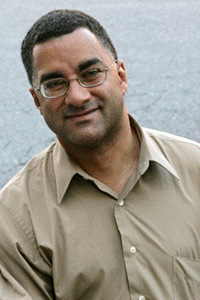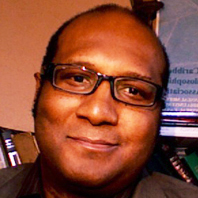On Tuesday, February 28, Professor Jeffrey Kahn of Johns Hopkins University gave a talk in Gladfelter Hall entitled “Chimpanzees in Research: Ethics, Necessity & Why It Matters”. The context for his talk was a recently released report by an ad hoc committee which he chaired, entitled Chimpanzees in Biomedical and Behavioral Research: Assessing the Necessity, available for free on the National Academies Press web site. The committee was formed by the Institute of Medicine at the request of the National Institutes of Health and a congressional inquiry, with the charge of determining the necessity of using chimpanzees in NIH-funded research and making recommendations for future use. The report’s recommendations were immediately accepted by the NIH (see press release).
Before his talk, he graciously agreed to stop by Paley Library for an interview.
[ensemblevideo contentid=vD6OprYL-kSFo414t36PgA audio=true showcaptions=true]
Audio Download Link (for later)





